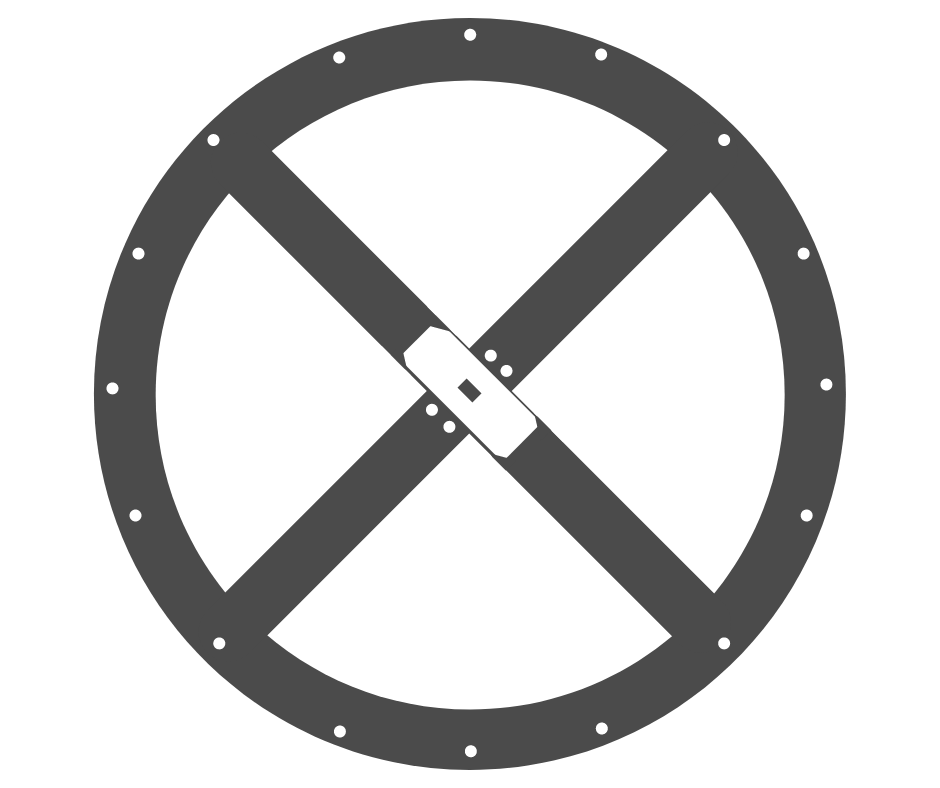
I recently purchased a book for no other reason than I felt it would be a book I needed to have as a resource. (This wasn’t required reading for my Course of Study, which I recently completed.) The book, 70 Hebrew Words Every Christian Should Know by Matthew Richard Schlimm, may prove to be one of my most valued purchases. With the first sentence, “English isn’t God’s first language”, I am reminded that around 75% of the Bible’s original language is Hebrew, a language with which all translators struggle to communicate a full meaning; and a language from which incomplete translations have led to foggy understandings of words such as wait and hope.
I choose wait and hope because, given our present situation, people are doing a LOT of waiting and hoping. Here is what Schlimm tells us:
In the Bible, waiting has less to do with wasting time and more to do with hope.
If that doesn’t catch your interest, perhaps this will: both the words for “hope” and “wait” come from the Hebrew word for “cord”. One could say that hope and wait are tied together!
We wait for a lot of things. We hope for a lot of things. How is our waiting and hoping tied to God? Here is an interesting point I learned from this book: the book of the Bible which uses the Hebrew word for hope (tiqvah) more times than any other book is the book of Job. Clearly, the Bible is not just a book of happy sayings. So, to what or Whom is our waiting and hoping tied?
Perhaps the words from stanza 2 of Jesus, Joy of Our Desiring could be our words for this day…this time:
Through the way where hope is guiding,
hark, what peaceful music rings;
where the flock, in thee confiding,
drink of joy from deathless springs.
Because Jesus lives, the cord of God’s presence and God’s promise gives us hope in our waiting.
